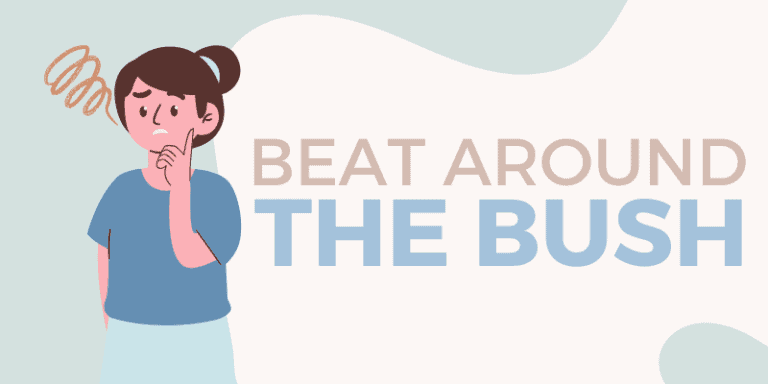Chills down the spine
To have chills go down one’s spine is to feel extremely worrisome or excitable. It can be when one hears something particularly beautiful or particularly fearsome. One may literally feel a shiver or goosebumps down one’s back, but not necessarily. The idiom has many different forms. It can be chill, chills, shiver, or shivers that either …

